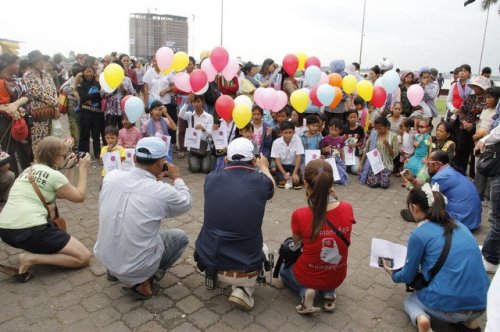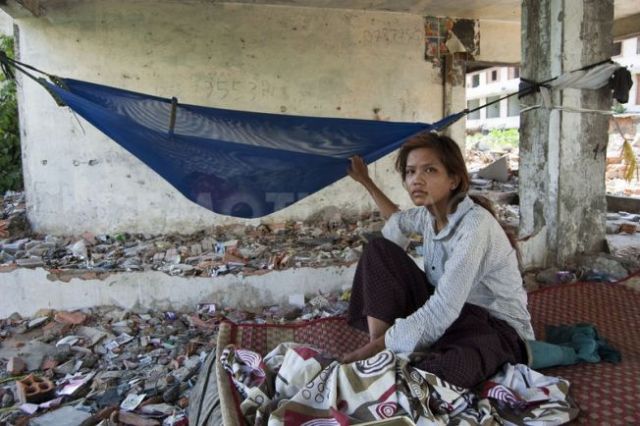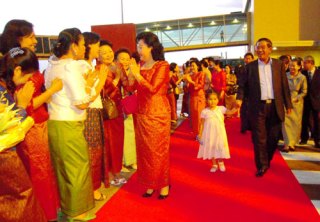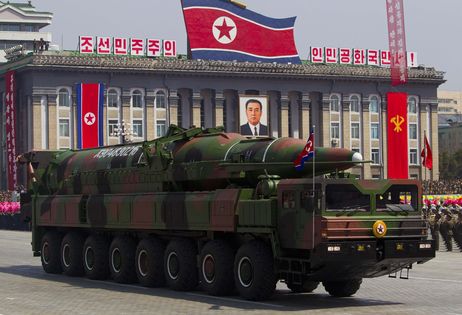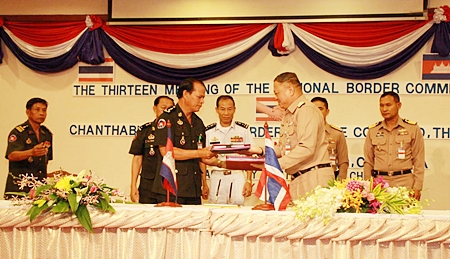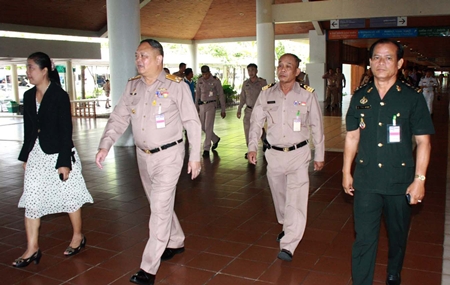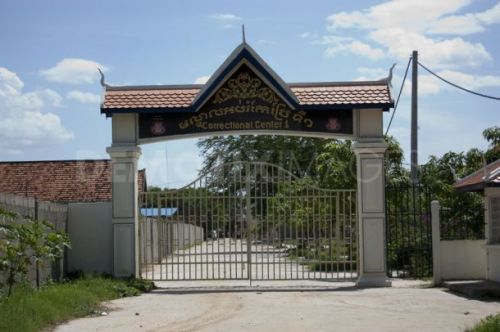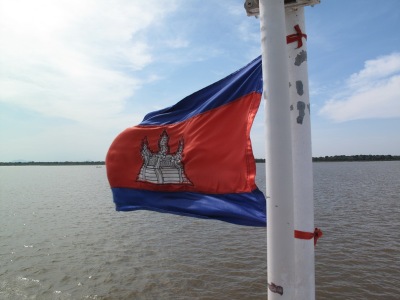
Choun Ny, who
was beaten by police in an attempt to extract a confession to a crime he
did not commit, attends a conference on torture in Phnom Penh
yesterday. Photograph: Pha Lina/Phnom Penh Post
Stuart White and Mom Kunthear
The Phnom Penh Post
Reports of torture in Cambodia in 2011 rose nearly 30 per cent from
2010, highlighting a culture of forced confessions and prison abuses,
officials from rights group Licadho said yesterday at an NGO-hosted event marking the International Day in Support of Victims of Torture.
Cambodia ratified the UN’s Convention against Torture and Other Cruel, Inhuman or Degrading Treatment, or CAT, in 1992, but the 135 complaints received by Licadho last year only hint at the rampant torture and impunity that still plague the Kingdom, participants said.
Presenter Sok Sam Oeun, executive director of the Cambodian Defenders Project, said that the high priority placed on extracting confessions has led to a system in which forcing statements through torture is de rigueur, despite the Cambodian constitution not recognising the validity of confessions extracted under duress.
The imprecise definition of torture, he added, has rendered that law “inapplicable”.
“So far there have been no convictions for torture, so Cambodia doesn’t have any torture, or what?” he asked.
Defence attorney Dun Vibol, who did not attend the event, said more than 70 per cent of his clients claim to have been beaten or threatened, and that many are made to thumbprint statements they haven’t read.
“Sometimes they fry them with an electric stick,” he said, recounting his clients’ experiences.
According to Vibol, the court has relied on confessions as the sole evidence in the majority of cases he has handled, and that investigating judges rarely leave their office to investigate further.
Suon Visal, an attorney and former public defender also unaffiliated with the event, echoed Vibol’s claim.
“They do not bring any other evidence,” he said. “If the statement of the accused is different from the testimony, sometimes they will ask the prosecution to bring evidence.”
But defendants who claim their confessions were forced have to “prove how or when or why the police abused them”, usually without an attorney, Visal said.
And while the practice of forcing confessions through torture is less prevalent now than in the 1990s, he said, it is still common, especially in rural areas.
“Sometimes the police beat the suspect whether or not they confess,” just to send a message to other would-be criminals, Visal said.
Chhith Seng, deputy police chief in Battambang province’s Sampov Loun district, denied that police torture suspects to get confessions.
“Why would we do that?” he asked. “It is useless for us, and it can destroy the police’s honour, or the suspect will complain to us about torturing.”
Choun Ny, a victim who shared his experiences at yesterday’s event, said that he was brutally beaten by police in an attempt to extract a confession for a crime he didn’t commit.
“Because I didn’t confess, I was taken to jail for one month, and my wife had to sell everything to pay for things in prison,” he said, adding the beatings were so severe they damaged his eyesight. “I used to be able to read, but now I can’t even recognise the letters.”
Phou Povsun, a Phnom Penh Municipal Court judge, declined to comment.
Cambodia ratified the UN’s Convention against Torture and Other Cruel, Inhuman or Degrading Treatment, or CAT, in 1992, but the 135 complaints received by Licadho last year only hint at the rampant torture and impunity that still plague the Kingdom, participants said.
Presenter Sok Sam Oeun, executive director of the Cambodian Defenders Project, said that the high priority placed on extracting confessions has led to a system in which forcing statements through torture is de rigueur, despite the Cambodian constitution not recognising the validity of confessions extracted under duress.
The imprecise definition of torture, he added, has rendered that law “inapplicable”.
“So far there have been no convictions for torture, so Cambodia doesn’t have any torture, or what?” he asked.
Defence attorney Dun Vibol, who did not attend the event, said more than 70 per cent of his clients claim to have been beaten or threatened, and that many are made to thumbprint statements they haven’t read.
“Sometimes they fry them with an electric stick,” he said, recounting his clients’ experiences.
According to Vibol, the court has relied on confessions as the sole evidence in the majority of cases he has handled, and that investigating judges rarely leave their office to investigate further.
Suon Visal, an attorney and former public defender also unaffiliated with the event, echoed Vibol’s claim.
“They do not bring any other evidence,” he said. “If the statement of the accused is different from the testimony, sometimes they will ask the prosecution to bring evidence.”
But defendants who claim their confessions were forced have to “prove how or when or why the police abused them”, usually without an attorney, Visal said.
And while the practice of forcing confessions through torture is less prevalent now than in the 1990s, he said, it is still common, especially in rural areas.
“Sometimes the police beat the suspect whether or not they confess,” just to send a message to other would-be criminals, Visal said.
Chhith Seng, deputy police chief in Battambang province’s Sampov Loun district, denied that police torture suspects to get confessions.
“Why would we do that?” he asked. “It is useless for us, and it can destroy the police’s honour, or the suspect will complain to us about torturing.”
Choun Ny, a victim who shared his experiences at yesterday’s event, said that he was brutally beaten by police in an attempt to extract a confession for a crime he didn’t commit.
“Because I didn’t confess, I was taken to jail for one month, and my wife had to sell everything to pay for things in prison,” he said, adding the beatings were so severe they damaged his eyesight. “I used to be able to read, but now I can’t even recognise the letters.”
Phou Povsun, a Phnom Penh Municipal Court judge, declined to comment.








